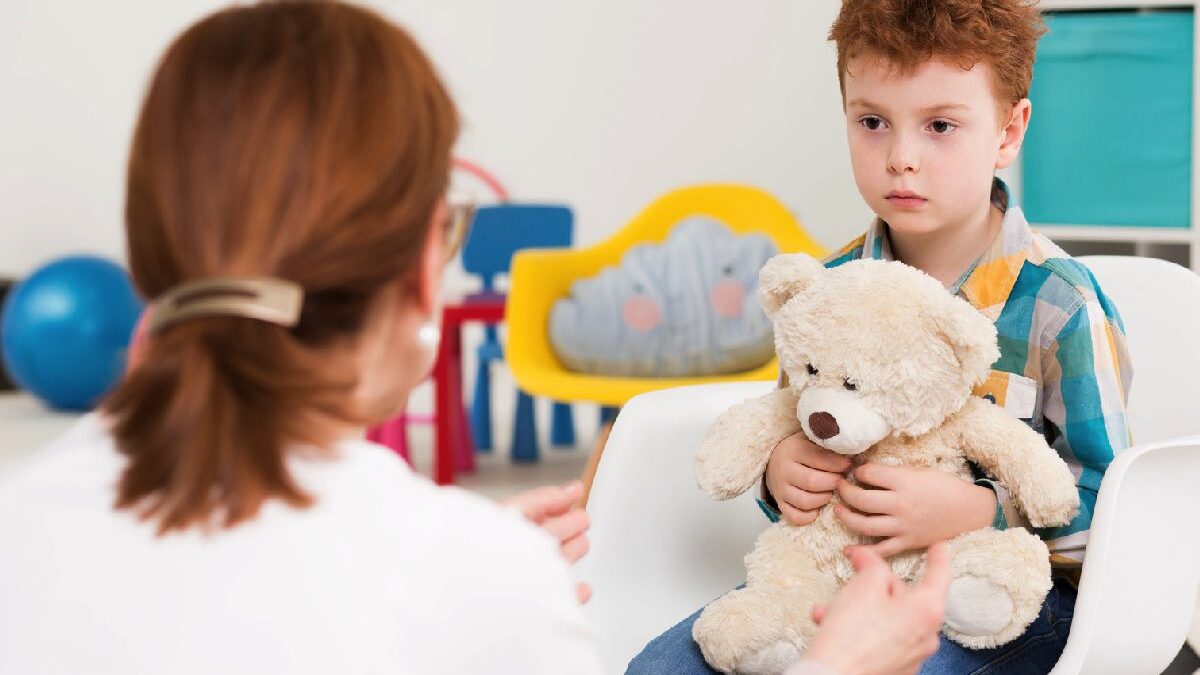Kids who have autism are often born into families who may not understand them yet. Although most parents are eager to learn more and figure out ways to make their children’s lives easier regardless of autism, it can be hard to find resources that work for them. Instead of floundering around without support, here are the best services out there for families with autistic children.
Table of Contents
Family Therapy
This type of therapy is vital for a plethora of reasons. Even if your child is too young to know what treatment is, utilizing this space and showing your child healthy coping mechanisms through treatment can be useful. Family therapy is a place where everyone can express how they feel, and this can be great for many children with autism who are learning how to express themselves.
ABA Therapy
Applied behavioral analysis therapy is one of the most common tools that doctors want autistic children to use. This type of treatment is done under the helpful hand of professionals explicitly trained in behavioral health. ABA therapy reroutes the signals of a person’s brain by using positive reinforcement that causes meltdowns and misunderstandings with a person with autism. The younger a patient is when they start this therapy, the more likely they are to latch onto it and use these tools for the rest of their life.
Sensory Integration Therapy
Sensory overload is one of the most uncomfortable parts of living with autism. Too many things at once, be it visual or audio, can send someone into a tail spiral or meltdown. Sensory integration therapy aims to help broaden how much sensory information a patient can take to avoid breakdowns. The goal for this is to get children desensitized, which will allow their minds to focus on other things besides how stressful it is to take in too much information at once. Although this has had some success, it’s not been studied enough long term to tell if it’s a permanent help.
Social Skills Training
It’s no secret that some children with autism have trouble acclimating to certain social situations. This may mean that they have problems communicating, or it could instead mean that they don’t have the social skills to handle many conversations or events. Social skills training helps show how to be less self-centered in conversation and show more interest in other people. It’s not that autistic people themselves are selfish; it’s just a problem with not understanding the need for small talk and chatter naturally. Social skills training varies by area, and you should shop around before you settle for the first place you see.
Having autism doesn’t mean your child’s life needs to be any more difficult or that they have to be treated with a more gentle touch. It’s as part of them as their eye color or their taste in hobbies and interests. Be patient, show you care, and meet them on what matters; you’ll be happy in no time.

